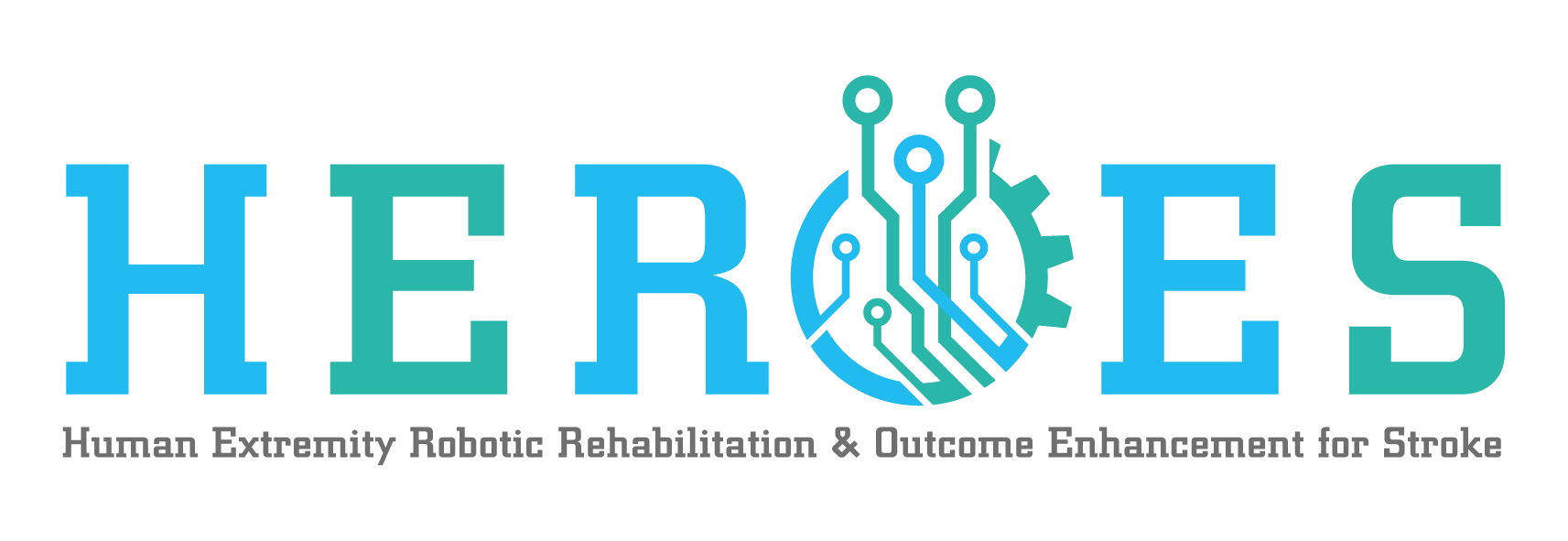What are the criteria to participate in HEROES?
People who are eligible to participate in HEROES are chronic stroke patients who have mobility problems. Healthy women or men can also take part. However, people with neurological conditions, such as traumatic brain injury, central nervous system tumors, multiple sclerosis, amyotrophic lateral sclerosis, Parkinson’s disease and refractory epilepsy, are not accepted in the project. Exclusion criteria also include grave medical conditions such as cardiac or pulmonary deficiency, hearing and visual impairments that can affect the participant’s understanding of the intervention and performance, illegal drug use, chronic alcoholism.
Why should I participate in the project?
All participants in HEROES contribute to the promotion of neuroscience. Especially, for post-stroke patients the goal is to benefit from their participation by improving their motor ability.
Is participation in the project mandatory?
You do not have to participate in the study if you do not wish to. Even if you initially agree, you may change your mind later.
How will the participants be evaluated?
First of all, participants will fill consent forms, and their demographics and history will be recorded by a medical doctor. The patients will be evaluated clinically using motor strength scales and behavioral questionnaires. The initiate evaluation will also include measures for motivation and affection.
How many sessions does HEROES include? What will be asked of the participants?
The intervention phase will be based on three sessions: Baseline, Intermediate at 6 months, and Final at 12 months. These sessions include a virtual reality environment (VRE) as well as the control of robotic arms through a brain-computer interface (BCI). Virtual reality provides an easy-to-use platform to train in the task-specific movement of the arms, such us grasping. The participants will watch age and gender-matched upper limbs in a screen performing these motions while attempting to imagine that these are their own arms performing the movement. The setup will also deploy wearable sensors for physiological recording of parameters such as heart rate, pressure or skin conductance. Furthermore, the participants will be trained to control anthropomorphic robotic arms, which have been developed by the AUTH Medical Physics Laboratory, through mental exercises. High-density electroencephalography (HD EEG) will be used to assess brain function in all three sessions, as well as functional Magnetic Resonance Imaging (fMRI) in the initial and final sessions.
What will happen between the main sessions?
Wearable robotics and neurorehabilitation serious game are the main training tools, which will be implemented in 12 trials during the 6 months between sessions. Wearable robotics will include jacket, gloves and trousers with sensors for detecting movement, position and pressure, combined with electromyography (EMG). The participants will train either using their own remaining movements or their intention to move, that will be reinforced by the wearable robotics actuators and neuromuscular stimulation (NMS). The task will include fine hand gestures, touching fingers or hands together, as well as leg movements and walking. Moreover, a music-based serious game application for neurorehabilitation will be used, in which the participant plays a melody using their own movements as instruments. Artificial intelligence (AI) will be used to control the difficulty level of the application, in order to maintain the optimum level of performance on behalf of the participant.
Is participation in HEROES dangerous or painful?
All the technologies involved in the project are non-invasive and the participants are not exposed to any pain or risk.
What personal data will be collected and to whom will it be distributed?
The personal data that will be collected concerns the medical history and clinical status of the participants. Only the competent members of the scientific team of the HEROES program of the Laboratory of Medical Physics and Digital Innovation of the Department of Medicine of AUTH will have access to the data.
What results can participants expect from the project?
The purpose of HEROES is to assist the rehabilitation and improve the quality of life of post-stroke patients through the interface between man and machines. When all three sessions are finished, patients are expected to improve their motor ability and probably perform their everyday activities better.
